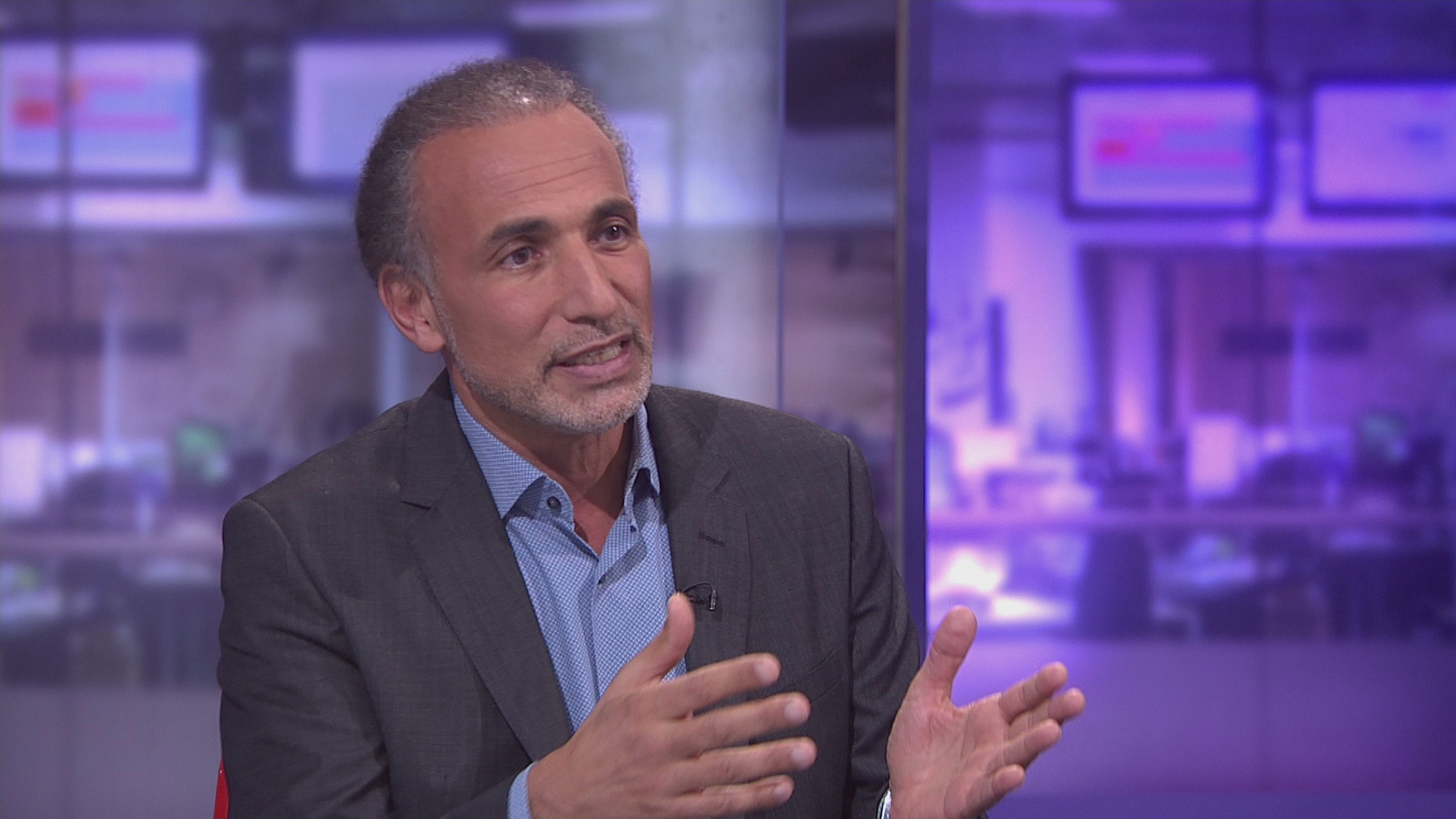When Samia Ghali spoke on CNews, the PS Senator from Bouches-du-Rhône did not hesitate to claim that in the Tariq Ramadan affair, it’s “the Muslim” who is judged, rather than “the man.”
“The presumption of innocence must still exist, even for Tariq Ramadan… I ask myself: who are we judging here? Is it Tariq Ramadan, the man, who raped? And thus, who acts? Or is it Tariq Ramadan, the Muslim?”
“We must not judge Muslims, we must not judge Islam…I believe that the court must deliver an opinion on the man, and nothing but the man,” she concluded.
The French-Algerian political activist Houria Bouteldja also expressed doubt regarding the French justice system’s impartiality. Bouteldja is the spokesperson for the Parti des Indigènes de la République (the Party of the Indigenous People of the Republic) and has supported Ramadan since Henda Ayari went public with her accusations. At the time, Bouteldja said: Faced with “testosterone-fueled virility among indigenous men,” women of color should look for its redeeming side, “the part that resists colonial domination,” and stand with their brothers.
In her most recent publication, she criticized the French court system, writing: “the woman’s word is constantly looked down upon and delegitimized,” except for when it concerns a “Black, Arab, Muslim or banlieue resident.”
“There, the court becomes tendentiously racist. The situation is reversed: the men that are generally protected, to the women’s detriment, lose their immunity and are even condemned in advance. This is true for misdemeanors and for crimes. It’s the reason why men of immigrant origin are overrepresented in prison.”
She continues: “The silence of feminists regarding this difference in treatment has already had harmful consequences on their own cause, as it not only strengthens the patriarchy, but also widens the gap between white women and those of post-colonial immigrant origin whose unity is fundamental to emancipation struggles.”
In a recent Oumma piece, Omero Marongiu-Perria attempts to situate the multiple narratives among Ramadan’s defenders within a broader discourse. He begins by acknowledging that Ramadan is indeed innocent until proven guilty before highlighting six common themes within the larger discussion:
“1. Tariq Ramadan embodies the representative figure of Islam, what concerns him also concerns Islam; 2. He’s a ‘transparent’ figure, incapable of escaping people’s watch in order to commit this type of crime; 3. He has always been alone against a system that seeks to destroy him; 4. He is victim of a larger Zionist conspiracy; 5. Women who have begun to testify are either disappointed by his refusals or are flirts–to put it mildly–or are puppets of those who have organized the larger conspiracy against him; 6. Those who critique Tariq Ramadan look to profit from the situation, to take his place, to profit from their notoriety.”
He concludes by stating: “Finally, many Muslims are like any other people who, in general, criticize their elites while adulating them and who, in theory, promote the protection of the weakest while justifying crushing them the moment that the comfort of an established order is questioned.”
Fanny Bauer-Motti, a psychologist, published two pieces about Ramadan. The first article on HuffPost is titled: “Tariq Ramadan, an Open Letter.” She recounts meeting Ramadan at Oxford: “I know he’s nothing of a rapist. I know it from my profession, I know it from experience, I know from having mingled with him and never witnessing anything that was manipulative or any other type of perversion.”
The second article in Médiapart article points to “troubling elements” in Ramadan’s detention. Despite having voluntarily traveled to France to speak with investigators, she writes that the judge “apparently saw no other alternatives, such as an electric monitoring device and house arrest.” She writes: “According to the very partial information available, it seems that the preliminary inquiry was particularly onerous. This was especially true during the interrogations and meetings that took place throughout his custody. For example, contradictions in the plaintiffs’ statements have not been addressed. It should be noted that the lawyers who assisted Ramadan while in police custody did not have access to the case file, and were therefore powerless to address them.”
She continues: “Sociologically, therefore, this story will leaves its mark on French society by creating a trauma in the collective unconscious. For some, the symbol of political confinement, for others recognition of a law that does not protect the individual as it should, and for another, a discriminatory and complex justice system. On my part, I remain deeply disturbed by the ignorance displayed by the media and the justice system, taken aback by the number of intellectuals and/or media figures who spoke to the press, speaking about Professor Tariq Ramadan as “guilty” while we are still investigating inculpatory and exculpatory evidence.”
Sources
https://blogs.mediapart.fr/miraelsa/blog/120218/l-affaire-tariq-ramadan-qui-fait-mal-la-france
https://oumma.com/laffaire-ramadan-devoile-de-lenvers-dun-decor/
https://www.marianne.net/societe/tariq-ramadan-c-est-l-homme-qui-viole-ou-le-musulman-qu-juge-ose-samia-ghali
http://www.huffpostmaghreb.com/fanny-bauermotti/tariq-ramadan-lettre-ouve_b_18366146.html






